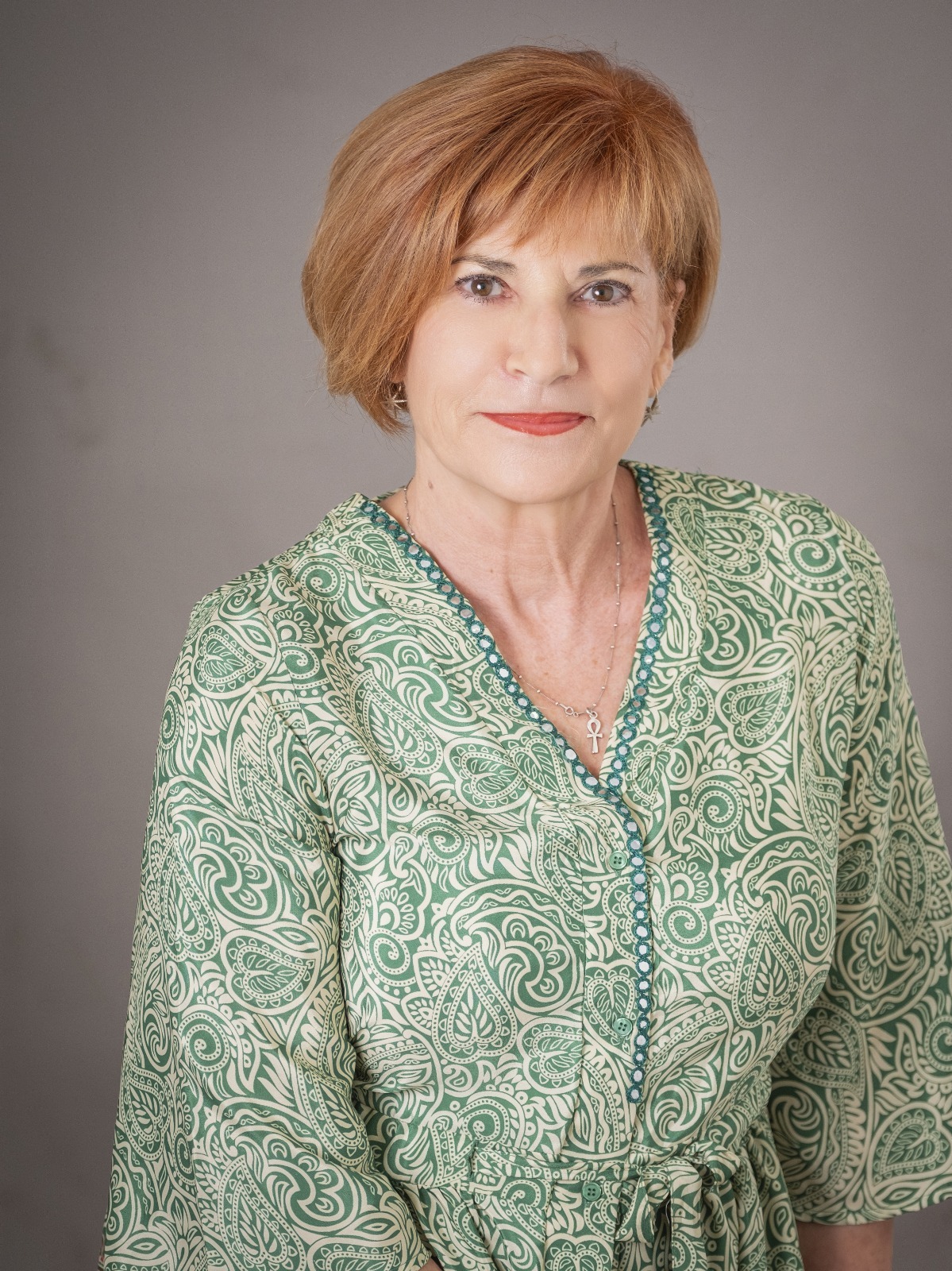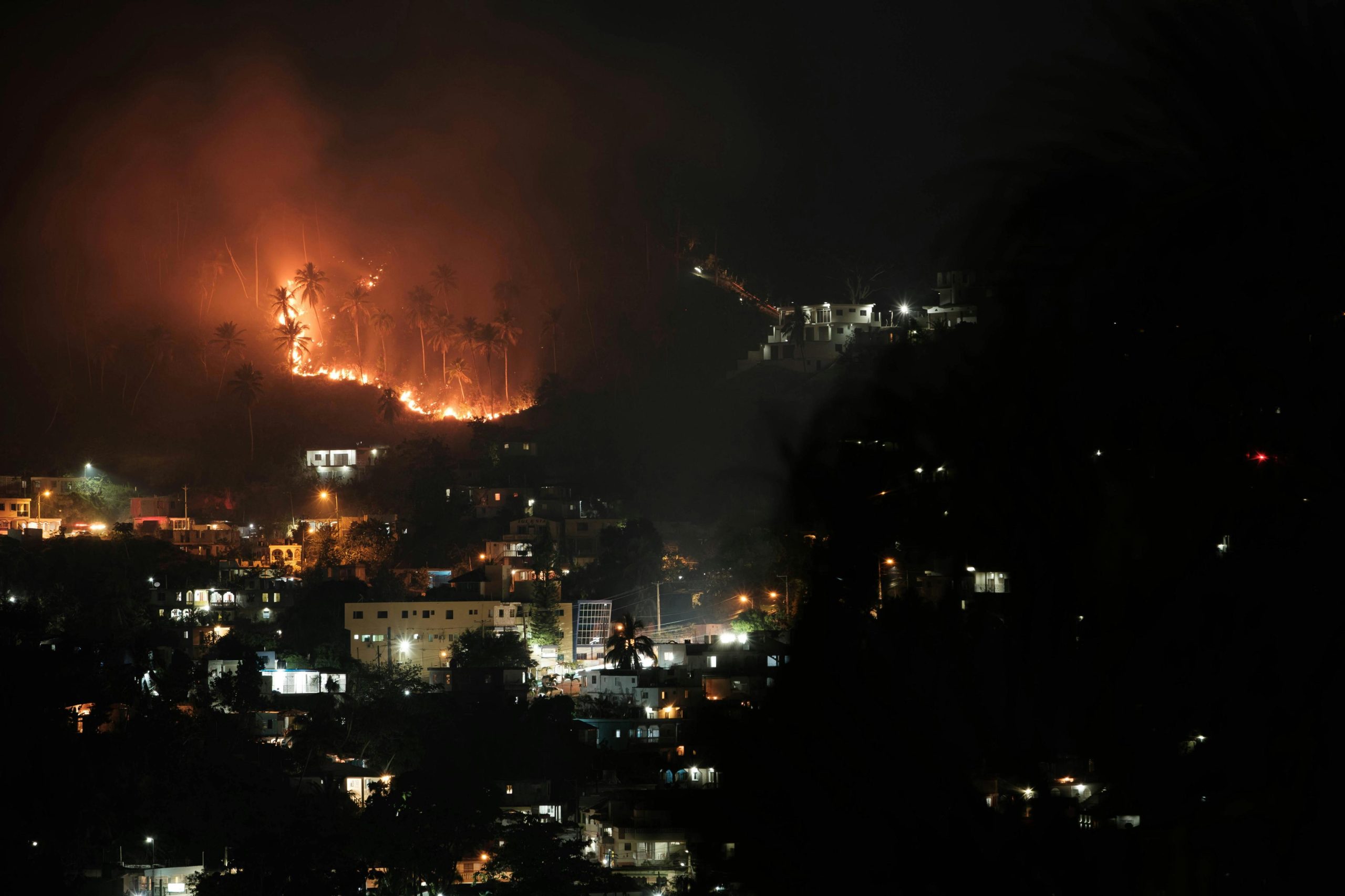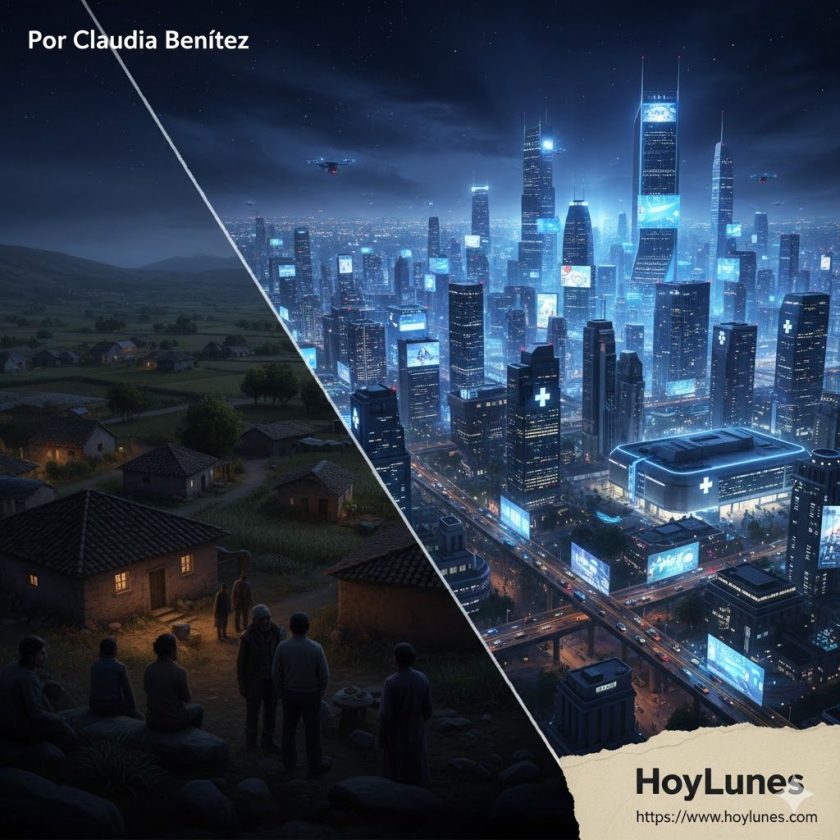Wildfires, floods, and the urgency of a new democratic and community-based model to confront environmental catastrophes.
By M.ª Pilar Rueda Requena
Hoylunes – We watch in dismay as several weeks of intense, uncontrolled wildfires devastate our country, especially in the northeast. Yet this is not a new release: the scene repeats itself every summer with greater intensity and frequency.
For years now, reports have warned about climate change and the need to prevent and adapt resources, investing in environmental policies for such purposes.
The causes are several: rural exodus, depopulation, accumulation of wood and vegetation debris, abandoned agricultural areas, and a socioeconomic model that does not place people at the center nor direct its actions toward the common good. In this capitalist model, which underpins the foundations of political management, ideological interests often prevail over the real needs of citizens; economic profits fuel competitiveness rather than fostering cooperation. As a result, citizens sometimes feel defenseless in the face of such disconnection and the absence of protection.

When everything is lost, when someone is left with nothing but the clothes on their back, while politicians deflect responsibility, blame one another, and argue over competencies, it deeply wounds human sensitivity.
The Economy for the Common Good —an economic model proposed by Christian Felber in 2010— is the path to incorporate resilience into processes and support the transition from crisis to an opportunity for improvement and the development of life. Within this economic model, speaking of nature, forests, grasslands, rivers… is to speak of common goods.
In this regard, the American economist, scientist, and political scientist Elinor Ostrom (1933–2012) was awarded the Nobel Prize in Economics in 2009 for her analyses on the economic governance of common resources. She developed an empirical and methodological theory on how communities can sustainably manage these goods without necessarily relying on state intervention or privatization. Her studies, conducted in different countries, showed that local communities can design effective management alternatives through rules and norms implemented within the community itself, based on values such as trust, generosity, solidarity, respect, and acceptance, among others.
It is in dramatic and grave situations when the best of human nature can emerge. We have already seen it with the DANA: thousands of people from all over Spain came to help without anyone asking them to. “Only the people save the people” has been a repeated slogan on many occasions and, unfortunately, also applies to those affected by evacuations and material and human losses in the wildfires.

This phenomenon is reflected in the reality of flood-affected areas: we have seen it with the working groups of the CLERS (Local Emergency and Reconstruction Committees), in which communities are already mobilizing to protect their towns with their own tools, knowledge, and professional experience, collaborating in solidarity, contributing ideas and some solutions, yet often lacking the support of the closest administration, the local one. The CLERS emerge to coordinate emergency response, improve care for affected people, and plan future prevention and recovery actions in the face of extreme weather events. Citizen initiative allows these local committees to act in coordination with local administrations and other entities, ensuring that planning is efficient in emergency situations.
We have seen this in the wildfires of Galicia, where in some towns neighbors instinctively came together and organized themselves, managing with their own means to create firebreaks and clear surrounding areas, preventing the fire from consuming their homes and their lives.
Once again, we find that the actions of administrations and governments at different levels of authority are, in many cases, scarce and arrive far too late.
All this leads us to reflect on the model of representative democracy that we currently have. More and more people express a feeling of disconnection with the political class, while, on the other hand, its loyal supporters—of one color or another—continue to see reality through their own parameters.
In this type of democracy, citizen participation is limited to choosing every four years those who are supposed to implement their electoral program, granting them a vote of confidence that, on many occasions, may be betrayed. On the other hand, conscious citizens, who wish to be more involved, need to move toward a paradigm shift by cooperating with public administration in decision-making. In this way, “everyone wins” in the management and design of policies. This is participatory democracy, whose focus is the common good and which represents the best way to control the direction of public action.

For this reason, it is necessary to gradually put democratic governance into practice and apply methodologies such as sociocracy, which incorporates all stakeholders and interest groups that interact directly or indirectly with the environment, listening to their views and understanding their needs in order to achieve a more adequate management of natural, material, and economic resources. Likewise, it must be a priority to foster prevention through ecological policies, alternative energies, and sustainable technologies that empower communities for their own self-management. Future plans must strengthen ties between urban and rural areas and encourage values of resilience in the face of disasters.
In conclusion, it could be said that life is in constant change, and that we must adapt and often learn from mistakes and events in order to improve solutions not only with political will (whenever it exists…) but also with sustained civic commitment. The institutional framework must be an open door to deliberation, social engagement, and citizen participation.
Only in this way will it be possible to move toward a more just, egalitarian, and resilient society in which the focus illuminates the horizon of the common good and democratic coexistence generates strong bonds of cooperation in the face of environmental disasters and catastrophes.

#hoylunes, #m.ª pilar_rueda_requena



